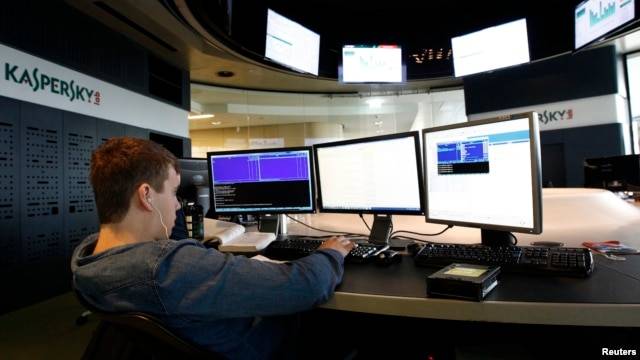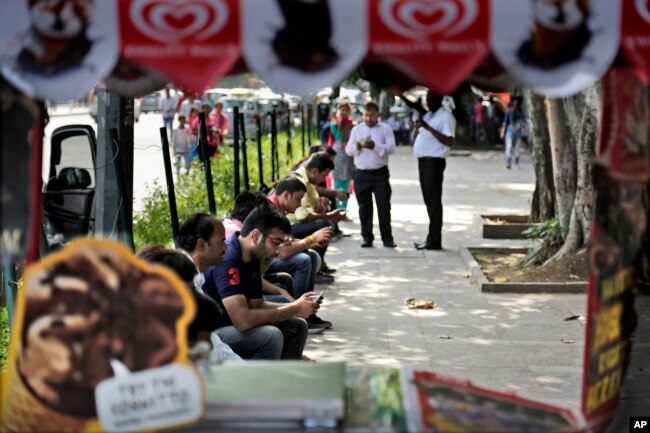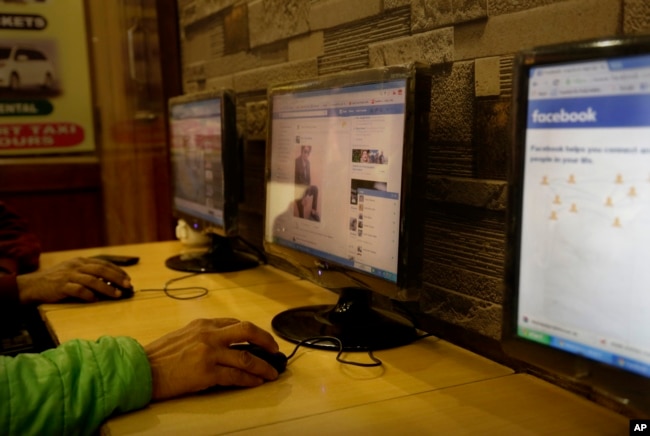UN tryin' to take over the internet...

Lawmakers push resolution opposing UN regulation of the Internet
3/27/12 : The bill's sponsors warned that China and Russia might seek a U.N. resolution to give authoritarian regimes censorship powers.
Lawmakers push resolution opposing UN regulation of the Internet
3/27/12 : The bill's sponsors warned that China and Russia might seek a U.N. resolution to give authoritarian regimes censorship powers.
Two House lawmakers introduced a resolution on Tuesday urging the United States Permanent Representative to the United Nations to oppose any resolution that would regulate the Internet.
The bill's sponsors, Reps. Michael McCaul (R-Texas) and Jim Langevin (D-R.I.), warned that China and Russia may seek a U.N. resolution to give authoritarian regimes the license to continue censoring the Internet.
The lawmakers said their resolution is consistent with President Obama's stated policy to "preserve, enhance and increase access to an open, global Internet. "
Source









